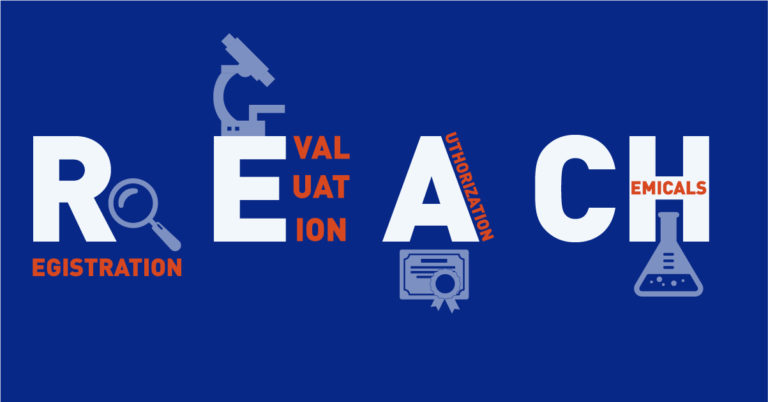Reducing the environmental and health impact of Socomore products, while offering solutions that meet our customers' requirements, has been a development driver at Socomore for many years.
What is REACh?


The REACh (Registration, Evaluation and Authorisation of Chemicals) regulation, which came into effect in 2008, governs dangerous chemical substances in the EU. It makes it possible to identify, evaluate and control chemical substances that are manufactured, imported and placed on the European market.
As of 31 May 2018, more than 20,000 chemical substances had been assessed.
Thus Europe has the legal and technical means to guarantee a high level of protection for all against the risks associated with chemical substances, by identifying the substances that have the greatest impact.
Postponement of the REACh review
The revision of REACh, the cornerstone of the European Union's "Zero Pollution" strategy under the Green Pact, was originally scheduled for 2022.
This reform provides for the evolution of chemical products by product family, the possibility of taking into account the “cocktail effect*” and the possibility of banning certain consumer and professional uses of the most dangerous substances.
The aim is to provide better protection for people and the environment, encourage innovation with a view to developing safe and sustainable alternative solutions, and reduce current regulatory costs.
The review has now been postponed to an unknown date.
SOCOMORE continues to develop more responsible solutions
However, given the growing climate constraints and our customers' high expectations in terms of health and the environment, we remain convinced that we must continue to be proactive in replacing risky substances and offer solutions that are safer, less dependent on greenhouse gas emissions and more respectful of health and the environment.
The development of such solutions is at the heart of Socomore's sustainable development policy.
*The cocktail effect is the toxicity resulting from the combination of several pollutants.
